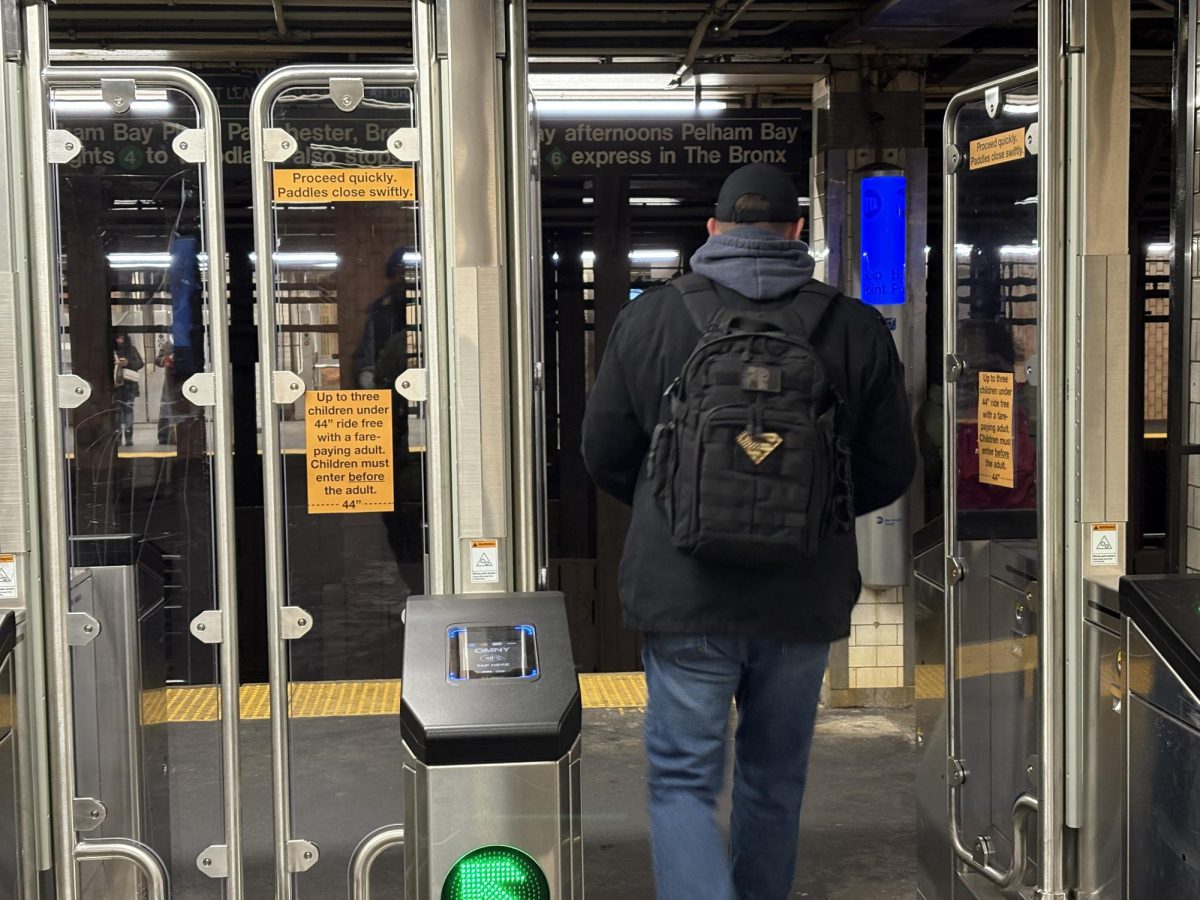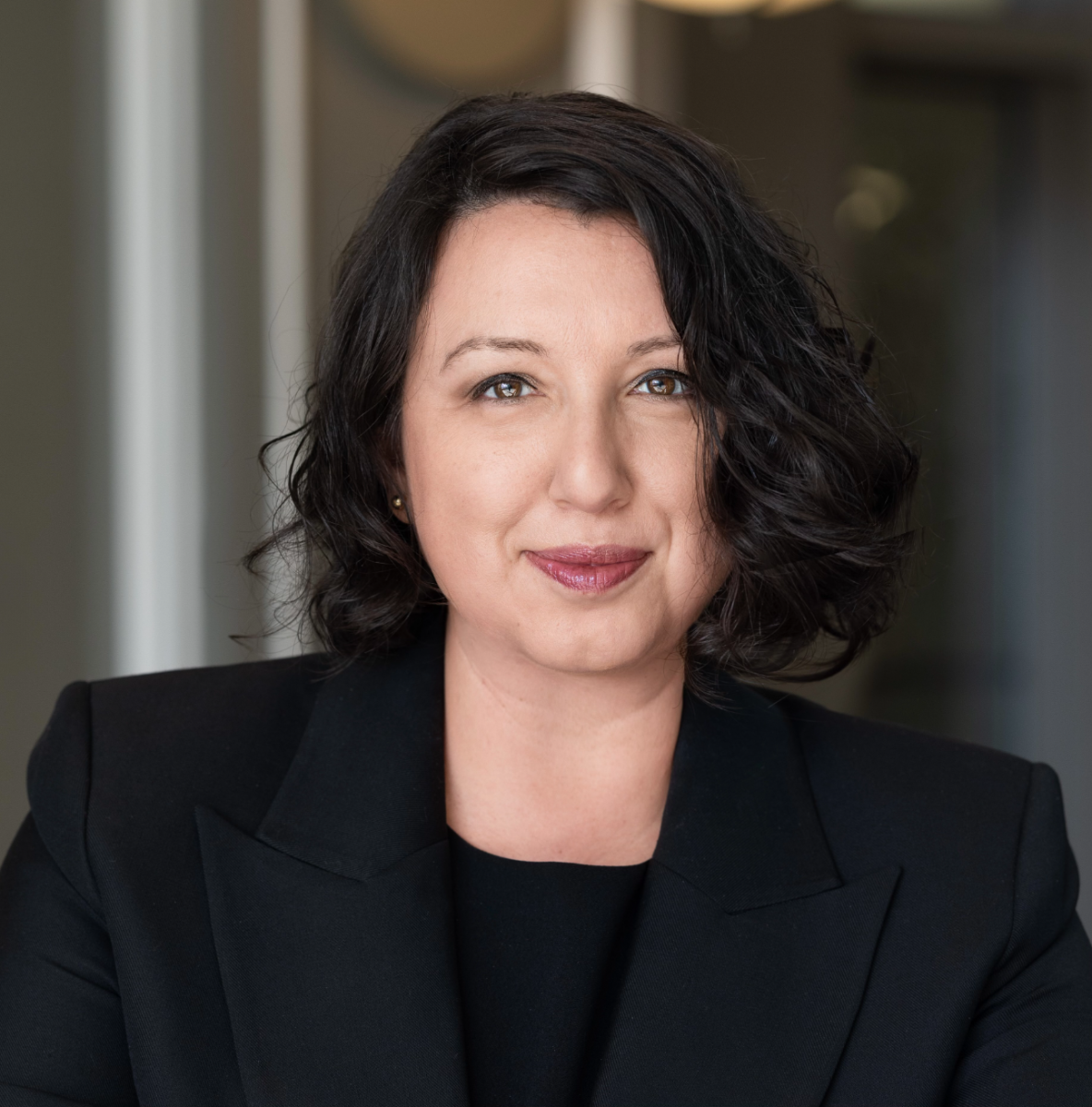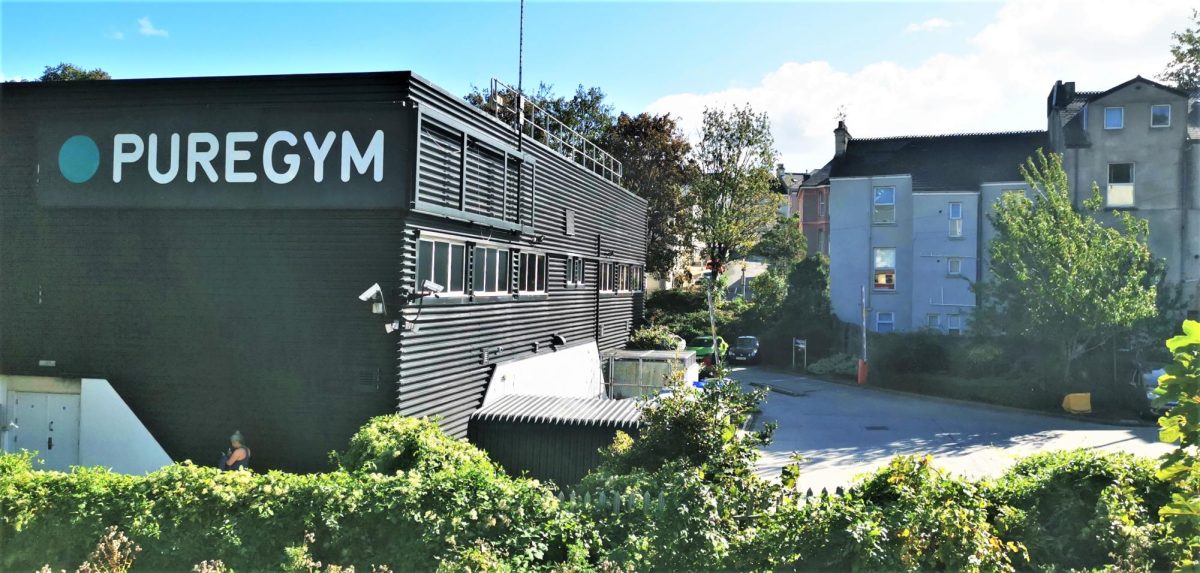[slideshow_deploy id=’8262′]
Often, people feel uncomfortable and awkward discussing sex with others. Quiet and conservative about their own knowledge of sex and dating, people are often not aware of the different perspectives that exist in regards to sexuality. For the second consecutive year, Baruch hosted Sex Week, an exploration of the obvious and not-so-obvious issues involving sexuality in the 21st century.
From Feb. 8 through Feb.11, Sex Week offered several workshops and presentations chock-full of healthy dating advice, sexual empowerment and information on how to detect an abusive relationship. This year, Baruch’s Gender Love & Sexual Spectrum and Peer Advocating Wellness Services combined forces with Day One, an organization that trains youths to recognize the signs of dating abuse, in order to effectively educate the Baruch community using fun and engaging events.
The inner workings of the feminine experience were discussed in depth on Feb. 8 during a presentation of The Vagina Monologues, the first of several Sex Week events.
“I think Sex Week is more than just safe sex education. It is about promoting an understanding and education of all sexes and genders,” said Gabe Roman, creative director of G.L.A.S.S. and also one of the play’s 11 performers.
“The Vagina Monologues is a tool to promote these practices, serving as this kind of immersion therapy, if you will, [that] really helps to get it out there and helps to get people more comfortable and start a really good conversation,” added Roman.
The Vagina Monologues is an episodic play written by feminist-activist Eve Ensler that originally premiered in 1996. It is comprised of many unrelated anecdotes gathered from Ensler’s interviews with 200 women pertaining to relationships, sex and abuse.
“One of the most important things that The Vagina Monologues does for Sex Week that we haven’t seen before is that it empowers women to have more pride in who they are.” said Annie Sourbis, USG president.
A few of the many monologues shed light on genital mutilation and the issues of gender identity.
“The struggles and ideas don’t really change because vaginas don’t really change, and unfortunately the stigma that comes with a vagina has not really gone away,” said Roman. “Until it goes away, [The Vagina Monologues are] going to be relevant … and even after it’s gone it’s going to be important to look back on the journey that the stigma has gone through.”
Community activists from The Anti-Violence Project, in the Queer Domestic Workshop, discussed dating violence and practices of healthy relationships. Over 20 students participated in the Feb. 11 event, listening to different scenarios of relationships and offering their judgment on whether it was healthy or endangering. Lolan Sevilla, the training coordinator representing AVP, helped students to better identify the nuance between dating violence and healthy relationships, and the appropriate safety planning for survivors of dating violence.
A group of 18 participating individuals took part in an “Intimate Partner Violence Shuffle,” where each person was given a statement on paper about dating behaviors, and offered their judgment on whether or not it was healthy.
A lot of individuals were taken aback by some of the information streamlined in the presentation. Students physically abused prior to coming into college are three times more likely than their non-abused peers to again experience violence during college. Leaving the session, students were better informed about the available resources for help, like the AVP and Day One hotline services.
On campus, G.L.A.S.S. exists to raise awareness and allow open and safe spaces for people. “G.L.A.S.S. really works hard to embrace sexuality for students around campus. We want people to feel comfortable about it,” said Naimul Khan, president of G.L.A.S.S.
Sex Week worked to achieve those goals by getting more students involved in a discussion about sexuality. The AVP workshop was a highlight moment in particular, because it generated a lot of dialogue from students. “The event drew a lot of people and a lot of questions were asked. People came in with a basic understanding and were able to leave with a better identification of signs of abuse,” said Khan.
On the evening of Feb. 11, a workshop on sexual empowerment drew a crowd of students. Students were advised that they should be confident and comfortable in relationships.
By setting boundaries and respecting others, people are more inclined to find what pleasures them most. Students were given a chart with sex acts and asked to check-off whether they would do it or if they had interest in the practice. The sex acts on the list were wide-ranging, from quickies to phone sex to menstruation play to analingus.
G.L.A.S.S. has a host of upcoming social, educational and awareness events for the spring semester. A drag ball is currently in development, encouraging students and club leaders to participate in drag. It will highlight the involvement of heterosexuals in drag and the role of drag in the LGBTQ+ community.







